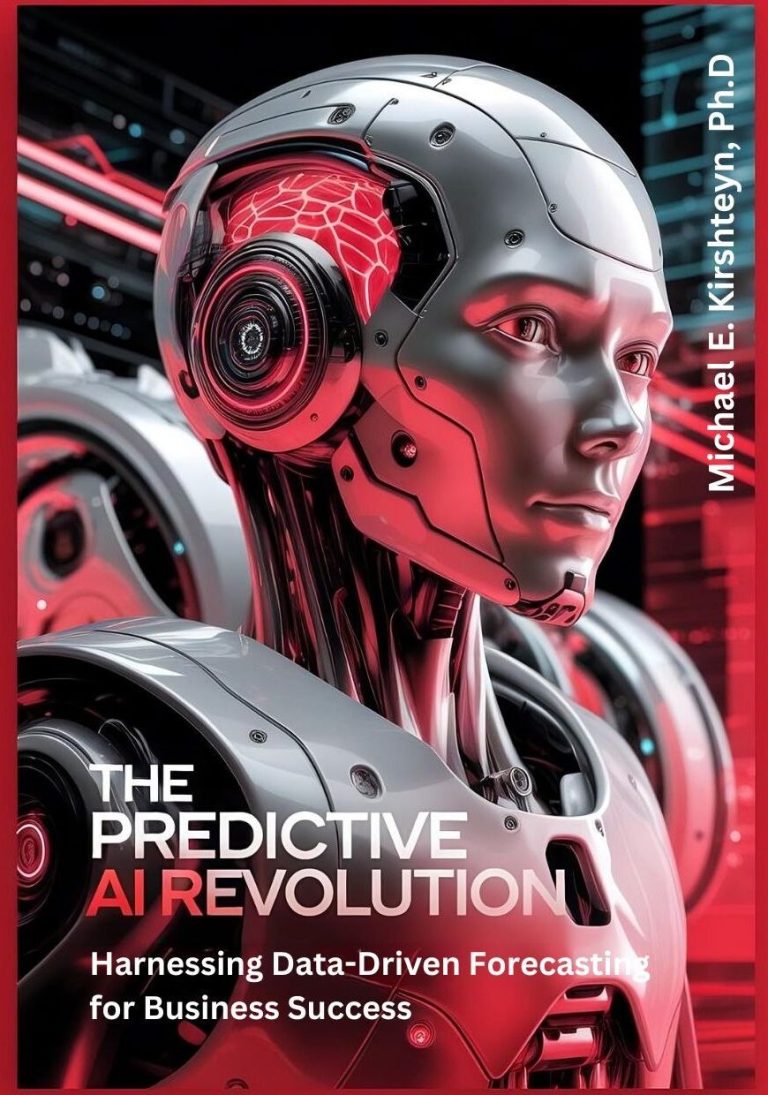The Predictive AI Revolution
Harnessing Data-Driven Forecasting for Business Success
"The Predictive AI Revolution: Harnessing Data-Driven Forecasting for Business Success" provides a comprehensive exploration of predictive artificial intelligence and its transformative potential across modern industries. The book offers an in-depth examination of how advanced AI technologies are reshaping business strategies and decision-making processes.
Key Themes
Core Concepts of Predictive AI
The synopsis reveals that predictive AI is a sophisticated technology combining machine learning algorithms, data mining, and statistical analysis to forecast future events with remarkable accuracy. Unlike traditional analytics, it focuses on anticipating outcomes rather than merely analyzing past events.
Technological Foundations
The book traces the historical evolution of predictive modeling, from its early roots in World War II naval strategies to today's advanced machine learning systems. Key milestones include the development of neural networks in the 1950s and breakthrough moments like IBM Watson's Jeopardy! victory in 2011.
Business Applications
Predictive AI offers significant advantages across multiple domains:
- Enhanced Forecasting: Accurate predictions for demand, sales, and resource requirements
- Improved Customer Experiences: Personalized recommendations and targeted marketing
- Risk Mitigation: Advanced fraud detection and risk assessment
- Operational Efficiency: Optimized processes in manufacturing and supply chain management
Challenges and Future Outlook
The book critically examines the challenges of implementing predictive AI, including:
- Data quality and quantity
- Ethical considerations
- Model interpretability
- Integration with existing systems
- Talent acquisition
Emerging Trends
The synopsis highlights future developments such as edge computing, automated machine learning (AutoML), and potential quantum computing integration.
Significance
With 95% of companies planning to increase AI usage in the next two years, the book positions predictive AI as a critical technology for business innovation and competitive advantage. The potential economic impact is estimated between $2.6 and $4.4 trillion annually, underscoring its transformative potential across global industries.
©Copyright. All rights reserved.
We need your consent to load the translations
We use a third-party service to translate the website content that may collect data about your activity. Please review the details in the privacy policy and accept the service to view the translations.
